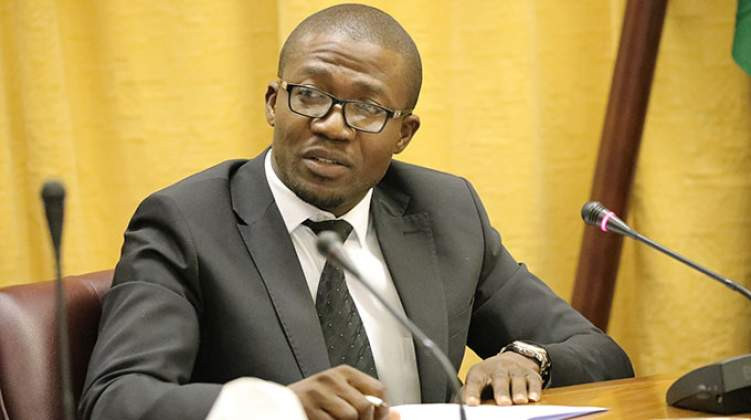
Construction has started of a tourism complex at Hwange National Park, which is expected to improve security and re-ignite the tourism potential of Zimbabwe’s largest protected area.
Construction of the complex at Hwange’s main entrance gate received the green light from Environment, Climate, and Wildlife minister Mangaliso Ndlovu.
It is the latest activity in the 25-year partnership between ZimParks and IFAW to support wildlife conservation in the Hwange National Park — home to 45,000 elephants and other critical biodiversity.
With an expected completion date of June 2024, the new complex game reserve’s main entrance point is a mixed-use development, including a visitor centre, tourism offices, a car park, housing for wildlife rangers and a new gate.
Speaking at an event to officially launch the project, the minister said the complex would significantly improve the visitor experience at Zimbabwe’s flagship park.
“This new complex will greatly increase the visibility of Hwange National Park, improve the visitor experience, enhance security and help reposition the park as a competitive and must-visit destination,” Ndlovu said.
Since 2019, the ZimParks-IFAW conservation partnership has concentrated on improving park infrastructure, uplifting community livelihoods, strengthening law enforcement, and developing tourism.
“IFAW’s long-term partnership with ZimParks is to transform the Hwange National Park into a well-managed and well-protected park that can serve as a haven for wildlife and an economic engine for Zimbabwe,” said Alleta Nyahuye, IFAW’s director for Zimbabwe.
- Why we fall for disinformation
- Funding for researchers
- Why are we still pitting jobs against public health?
- Unpacking environmental laws for real estate in Zimbabwe
Keep Reading
“As we forge ahead with this important mission of restoring the Hwange National Park to its former glory, we are excited about the journey ahead and remain optimistic that our interventions will contribute to the recovery and growth of Zimbabwe’s tourism sector.”
Earlier this year, the partnership between IFAW and ZimParks was extended for 25 years, with an expected investment of US$50 million.
The new complex will serve as a high-security checkpoint with smart-camera technology systems to fortify efforts to prevent the illegal trafficking of wildlife products.
‘The construction is multi-use and includes tourism offices, an exhibition centre, visitor and cultural centres, staff and ranger housing, and a car park — all forming part of the main entrance and exit point to Hwange,’ said Jimmiel Mandima, the IFAW vice president of global programmes and institutional giving.
Quality infrastructure and world-class ancillary will position Hwange as a compelling tourism destination with an exclusive, distinct visitor experience.
As part of the tourism development interventions, the ZimParks and IFAW have supported the scooping of Nyamandlovu Pan, a critical waterhole for wildlife and a key tourist attraction, upgraded Mandabvu picnic site and has refurbished guest accommodation lodges at Hwange Main Camp.
‘The ZimParks-IFAW partnership has brought tremendous change to the park and the surrounding community.
“The partnership has proven to be an effective framework for supporting biodiversity conservation and leveraging resources for conservation,’ said Zimparks director general Fulton Mangwanya.
With 45,000 elephants, over 100 species of mammals, and 400 bird species, Hwange National Park is a core part of the Kavango Zambezi Transfrontier Conservation Area (KAZA TFCA)—the world’s largest transfrontier conservation area—established to promote conservation and tourism development.
At a staggering 520,000 km² — an area almost the size of Germany and Austria combined — KAZA comprises a mosaic of land uses, with 36 formally proclaimed national parks and three Unesco World Heritage sites, including the legendary Victoria Falls in Zimbabwe.
‘IFAW hopes our partnership with ZimParks contributes to the aspirations for tourism in the KAZA-TFCA and its role in helping deliver sustainable economic development,’ Mandima said.









